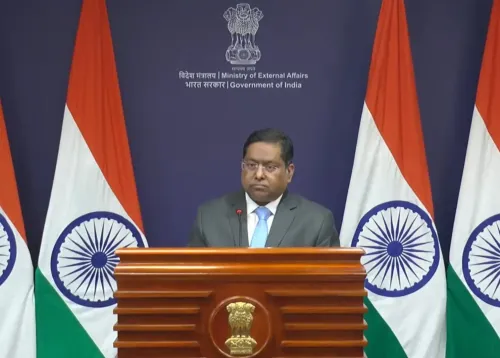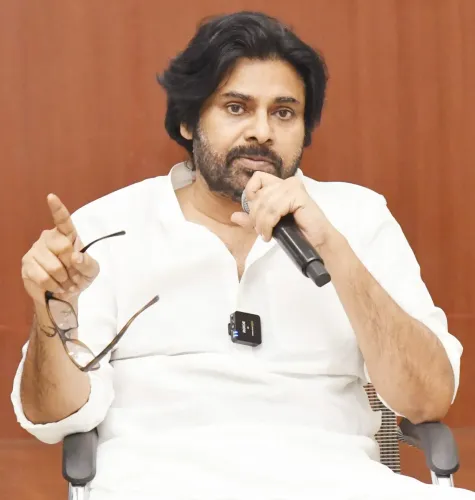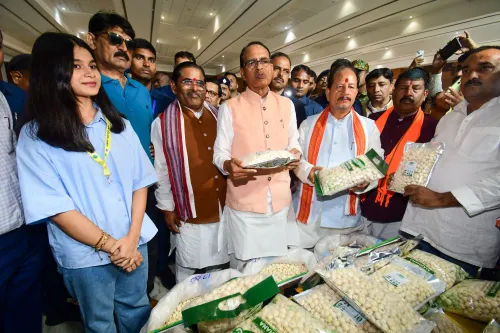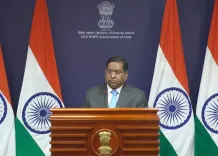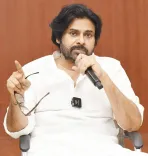Should Vijayvargiya Resign Over His Controversial Remarks on Women's Attire?
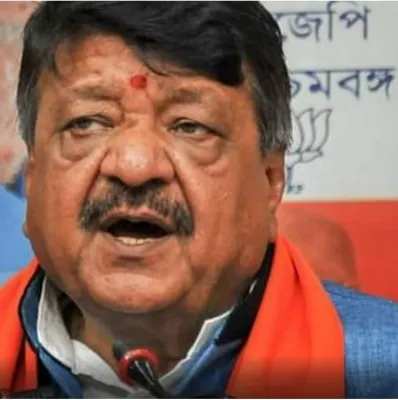
Synopsis
Key Takeaways
- Kailash Vijayvargiya's comments have sparked significant controversy.
- The Trinamool Congress is advocating for women's rights and dignity.
- Public backlash against misogynistic remarks is growing.
- The incident raises questions about cultural perceptions of women's attire.
- Political accountability is crucial for progress in gender equality.
Kolkata, June 6 (NationPress) The Trinamool Congress has called for the swift resignation of senior BJP leader and Madhya Pradesh Cabinet Minister for Urban Development, Housing, and Parliamentary Affairs, Kailash Vijayvargiya, following his controversial comments criticizing women who wear short clothing. He claimed that such fashion is a foreign beauty standard and not representative of Indian traditions.
Chandrima Bhattacharya, the Minister of State for Finance (Independent Charge) and head of the Trinamool Congress's women's cell in West Bengal, addressed the media on Friday and stated that nothing positive could be anticipated from a leader like Vijayvargiya.
“We vehemently denounce his comments. We expect his party leadership to reconsider the validity of his statements regarding women. However, we demand his immediate resignation from the Madhya Pradesh cabinet. He has no authority to dictate what a woman chooses to wear,” Bhattacharya asserted.
The All India Trinamool Congress also released a statement on X, denouncing such regressive remarks as commonplace among BJP leaders, labeling them as “Nari-Birodhi” (anti-women).
“The usual suspects are at it again! MISOGYNY, PATRIARCHY, and blatant DISRESPECT towards women have become synonymous with #NariBirodhiBJP,” the statement from the Trinamool Congress declared.
The Trinamool Congress further questioned whether Prime Minister Narendra Modi endorsed the comments made by Vijayvargiya.
A six-time legislator and member of the Madhya Pradesh cabinet, Vijayvargiya emphasized on Thursday that Indian culture regards women as divine figures and they should dress in a manner that embodies elegance and dignity.
He even likened the length of speeches to attire, referencing a Western adage that compares a leader who speaks less to a woman who wears less. He firmly rejected this notion, reiterating his belief that women should dress modestly, reflecting their divine status.


